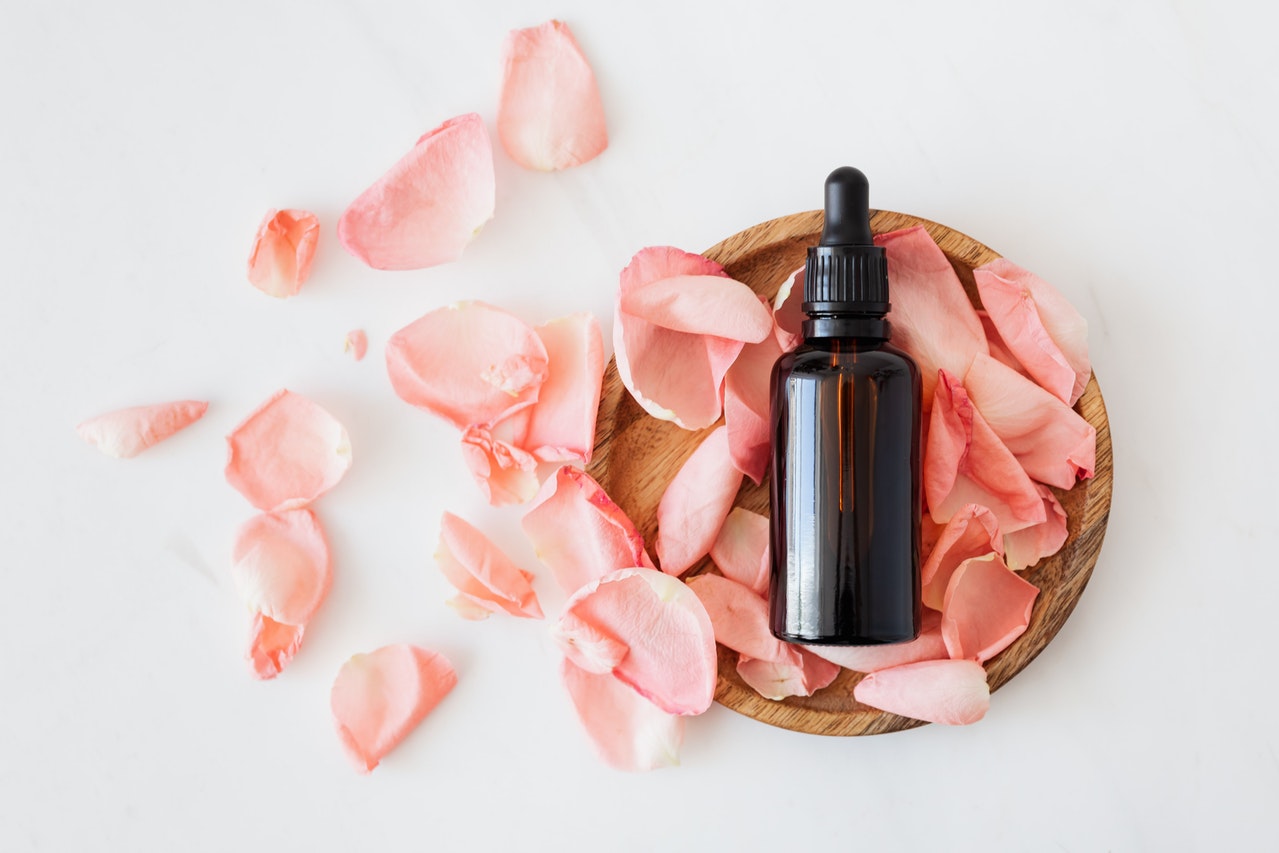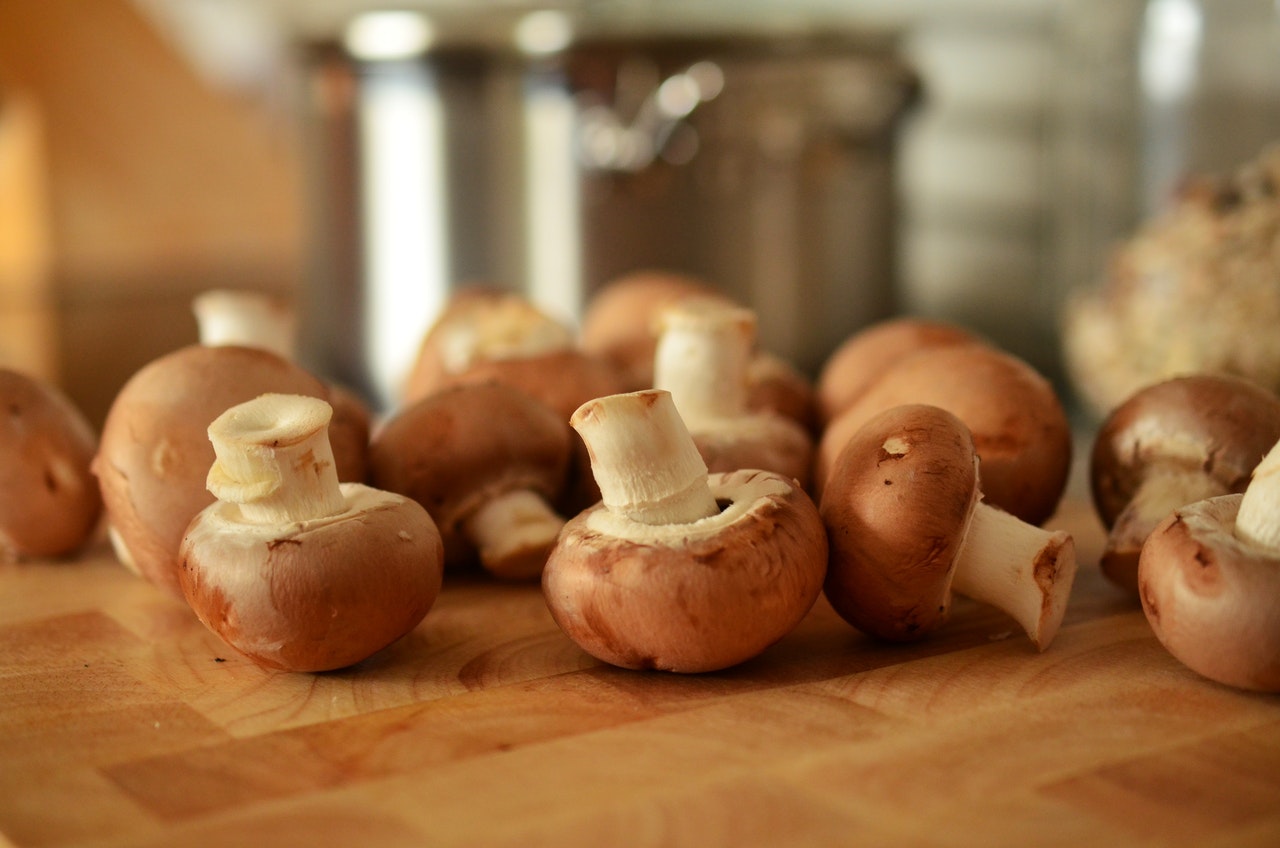The end of summer is bittersweet. The season of being carefree and spending long hours at the beach feels too short, but the start of a new school year has excitements of its own – new friends, memories and courses. As you shift focus back to study mode and set new goals, be sure to spare a thought for your nutrition. Afterall, you need to feel well to study well! Taken together with a healthy lifestyle, supplements can give your body the support it needs to really thrive. Here are 5 we recommend packing with you this school year.
1. Get your ABCs with a multivitamin
Your nutrition might seem like a low priority next to looming exams, but what you eat can actually impact your studies. It’s always best to get most of your nutrients from food, but if you don’t have time to prep balanced meals every day, a multivitamin can work well to fill potential gaps. It’ll help ensure you’re getting key vitamins like vitamin A to support your eyes, B-vitamins for energy and vitamin C to help with immunity.
2. Omega-3s: no fishy benefits
Interesting fact: your brain is nearly 60% fat,1 so it only makes sense that it needs omega-3s to work properly. If you’re unfamiliar with omega-3s, they’re essential fatty acids that your body can’t produce itself, meaning you need to get them from food or supplements. What do they do? A lot. They play a part in the health of your skin, eyes, heart, immunity and–—importantly for school—your brain. Omega 3s aid in the growth of brain tissue and the flow of oxygen to your brain, supporting mood, learning, memory and your brain’s overall health.2 Fatty fish like salmon, mackerel or cod are good sources, but if you’re not down to eat fish at least twice a week, it’s best to add a supplement to be sure you’re getting enough.
3. Probiotic for a healthy microbiome
You probably know probiotics support your digestion and help keep you regular, but you might be surprised by how important they are for your overall health. Ever notice when your digestion is off, your mood takes a turn too? Or when you’re feeling nervous, you suddenly have digestion issues? That’s because your gut and your brain communicate constantly, a phenomenon that impacts your mood and your ability to focus. In other words, a thriving gut equals a thriving mind. But that’s not all: About 70% of your immune system is in your gut too. The bacteria in your digestive tract help stop harmful microorganisms from entering your blood stream. Taking probiotics alongside a healthy diet, regular exercise, good hygiene and healthy sleep can help keep those tiny defenders up to the challenge.
4. Vitamin D: the sunshine vitamin
You’ve likely heard it before: get into the sun for 15-30 minutes a day to re-up your body’s vitamin D. This is because it’s a vital nutrient that acts like a hormone, playing a role in the health of your brain, bones, mood, energy and immune system. But even though it’s famously important and easy to produce from the sun, about 42% of Americans don’t get enough.3 That’s because unlike a lot of other key vitamins, vitamin D doesn’t occur naturally in a lot of foods. So, as we transition to the colder months, it may be best to add a supplement to your diet to keep your vitamin D in a healthy range.
5. Manage stress with ashwagandha
With a calendar full of project deadlines, exams and endless assigned reading, a stress-soothing aid definitely appeals. Ashwagandha is a super root that helps manage stress by regulating cortisol, your main stress hormone. If left uncontrolled, this infamous hormone can wreak havoc on your mind and body, leading to brain fog, mood shifts, weight gain and more. Ashwagandha can help contain these issues. Bonus: It also promotes calmness, relaxation and better sleep.
About Gabby
Gabby is a nutritionist with a master’s degree in strategic communications. She loves using her nutrition-fluency with storytelling to encourage positive change. Before Persona, she worked at a mental health clinic helping clients manage stress, anxiety and other mental health issues through diet.
Do you have questions on how you may benefit from supplements? Reach out to one of our experts, or take Persona’s free nutrition assessment, and learn exactly what you need to take your wellness to the next level.










